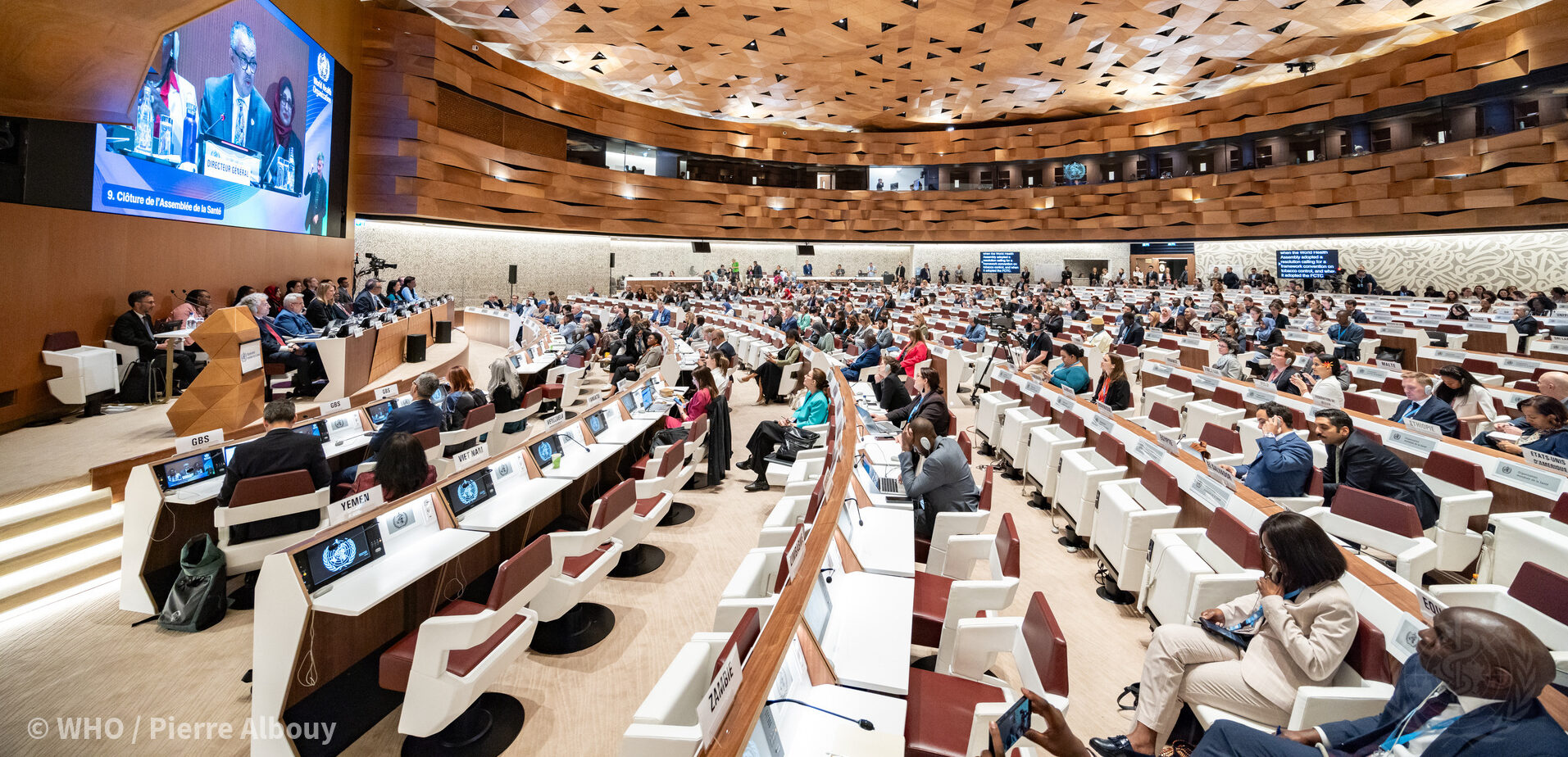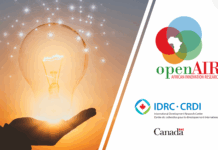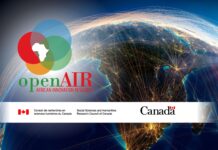See the Biomedical Innovation Project Archive Here:
Researchers from the Open African Innovation Research network, Open AIR, are investigating root regulatory causes of vaccine inequity and looking toward open innovation for solutions to more inclusive and sustainable ways to promote global health equity.
A cluster of field-building studies focuses on comparing regulatory and ownership frameworks for publicly funded research and open science in the biomedical research domain. Meanwhile, a rapid response program supports the engagement of our extensive community of practice in elements of action research connected to real-time policy, legal and regulatory processes. This includes, specifically: participating in high-profile side events during key meetings/processes, producing user-friendly policy briefs and text proposals, and embedding experts into negotiations to connect across geographic regions, economic sectors, and policy domains to co-create policy solutions.

In 2013, Open AIR published foresight research anticipating scenarios for futures shaped by shocks like a catastrophic global pandemic. During the decade since, Open AIR has posited open innovation, strategically addressing intellectual property rights, to promote equitable access to knowledge-based technologies including vaccines to fight known and new diseases alike.
Open AIR’s insights on innovative solutions in the face of a pandemic were a decade ahead of their time. As the COVID-19 pandemic swept across the globe, the models Open AIR empirically studied and consistently championed were put into use to vaccinate huge sections of the world’s population. But the African continent still bore the brunt of vaccine inequity during the coronavirus pandemic. In 2021-2022, we undertook scoping research on the topic of “regulation for innovation” aiming to conceptualize an agenda for more inclusive and sustainable innovation in low-income countries.

A core aim of this new health-focused research is to address global health inequities as publicly funded science partnerships with the private sector and civil society offer hope for mRNA-based vaccines for malaria and even cancer, not to mention new pandemics.
With that objective in mind, we are exploring how open science works in practice to research and develop mRNA-based vaccines locally in countries including Kenya and South Africa. And we are mapping and bridging divergent viewpoints between high- and low-income countries about intellectual property, technology transfer, and access and benefit sharing in the context of international treaty negotiations.
In addition to Prof. de Beer, Prof. Chidi Oguamanam is a Co-Principal Investigator on the new grant. Alongside members of the Open AIR leadership team, Professor Caroline Ncube and Dr. Melissa Omino have been leading the internationally comparative research in South Africa and Kenya respectively. The research is supported by a grant from the New Frontiers in Research Fund through a special call for post-pandemic recovery research. The NFRF Special Call for Research for a Postpandemic Recovery aims to mobilize Canadian-led research efforts in support of a more equitable, sustainable and resilient postpandemic reality. The New Frontiers in Research Fund is overseen by the Canada Research Coordinating Committee
Featured image credit: WHO headquarters photo library










